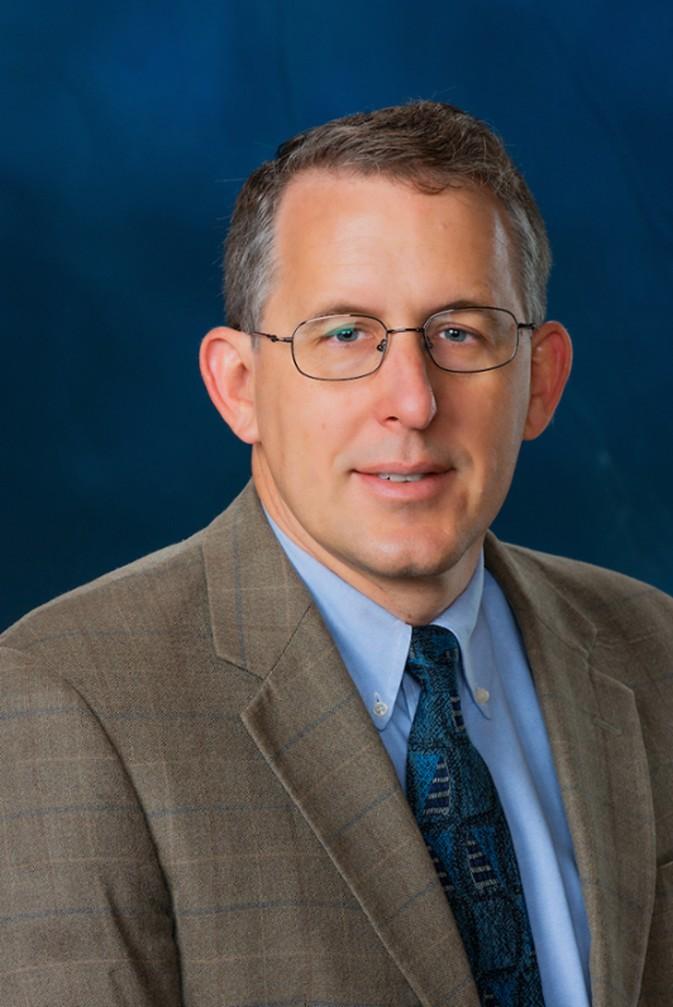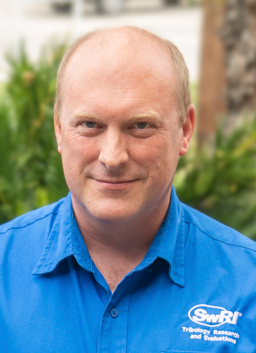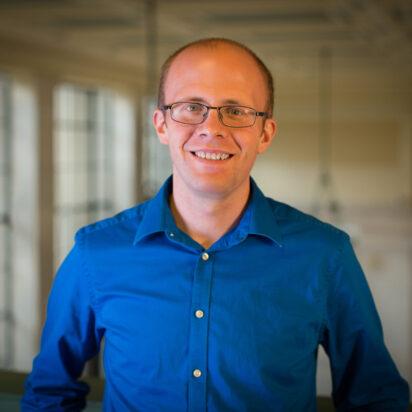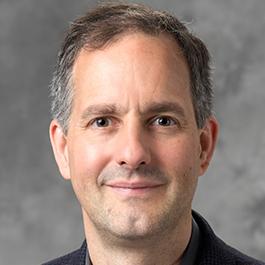
Since 2004, Rob Jackson has served a Professor in the Department of Mechanical Engineering at Auburn University. He earned his B.S., M.S., and Ph.D. degrees in Mechanical Engineering from the Georgia Institute of Technology. His research focuses on tribology, contact mechanics, electrified contacts, and lubricated bearings—critical areas for advancing mechanical systems and energy efficiency, particularly in electric vehicles (EVs). Professor Jackson directs Auburn’s Tribology Program and created one of the first undergraduate minors in tribology in 2012.

Peter Lee, Ph.D. is an Institute Engineer and the Chief Tribologist at Southwest Research Institute (SwRI), an Adjunct Professor at Texas A&M, and summer lecturer at the University of California Merced. Peter Lee received a B.Eng in Automotive Engineering and a Ph.D. in Engine Tribology from the University of Leeds, UK. Prior to attending University, Peter worked as a qualified motor vehicle technician repairing both light and heavy-duty vehicles as well as various motorsport activities on the side.

Michael obtained an A.B. in Chemical and Physical Biology at Harvard University in 2008. He then moved to Stanford University, where he completed his Ph.D. in Immunology in 2014. At Stanford, he worked in Professor K. Christopher Garcia’s laboratory, studying the molecular mechanisms of T cell receptor recognition, cross-reactivity, and activation. He then conducted postdoctoral research in Professor Carla Shatz’s laboratory, studying novel roles for immune receptors expressed by neurons in neural development and neurodegenerative disease. Michael joined the Department of Biological Engineering in 2016 as an Assistant Professor.

Dan Cziczo is Professor in the Department of Earth, Atmospheric and Planetary Sciences (EAPS) and the School of Aeronautics and Astronautics at Purdue University. He is an atmospheric scientist interested in the interrelationship of particulate matter and cloud formation. His research utilizes laboratory and field studies to elucidate how small particles interact with water vapor to form droplets and ice crystals which are important players in the Earth’s climate system.

Ravi Seshadri is an Associate Professor in the Transport Division of the Department of Technology, Management and Economics at the Technical University of Denmark (DTU). His research centers on the design and evaluation of mobility solutions that promote equity, efficiency, and sustainability in transportation systems.
He specializes in the use of fiscal and economic instruments—such as tradable permits, congestion pricing, and incentive schemes—for managing transportation networks. His work also explores emerging mobility modes and services, including demand-responsive transit and shared mobility.
Ravi develops and applies advanced modeling methods, ranging from static and dynamic network equilibria to real-time traffic assignment and agent-based simulation frameworks.


